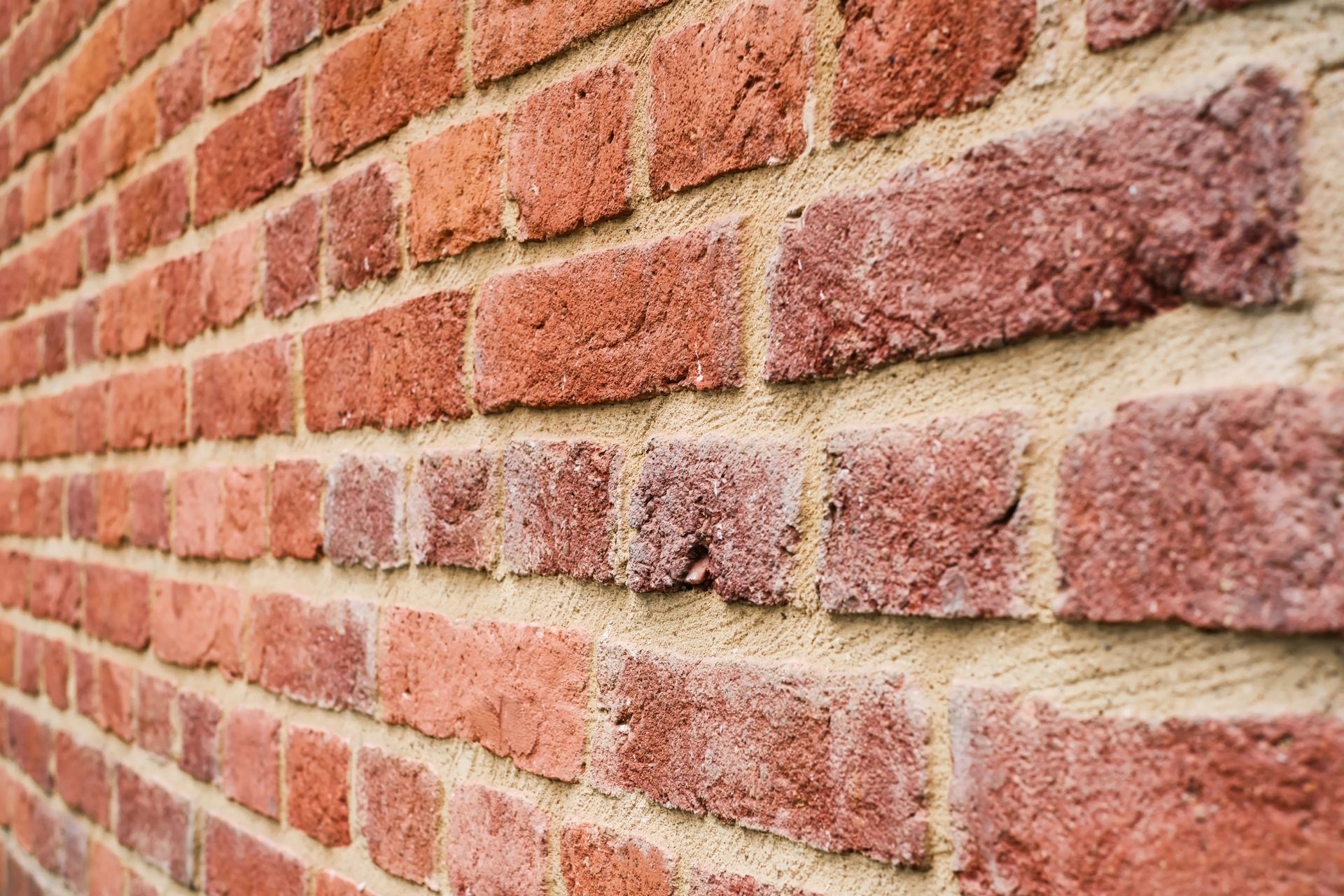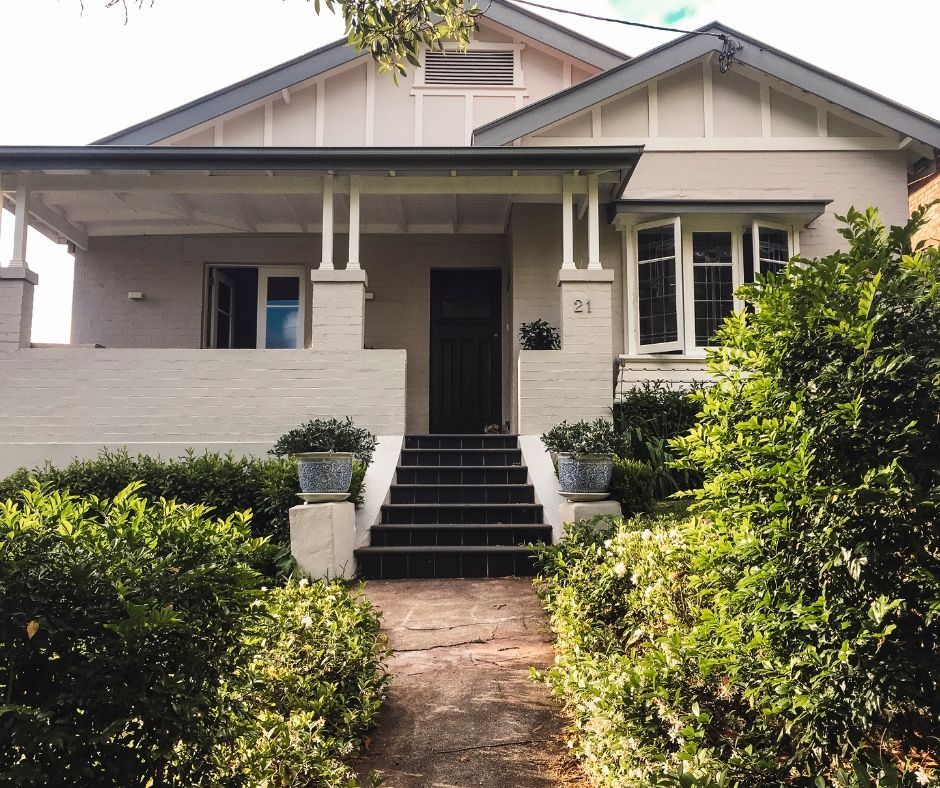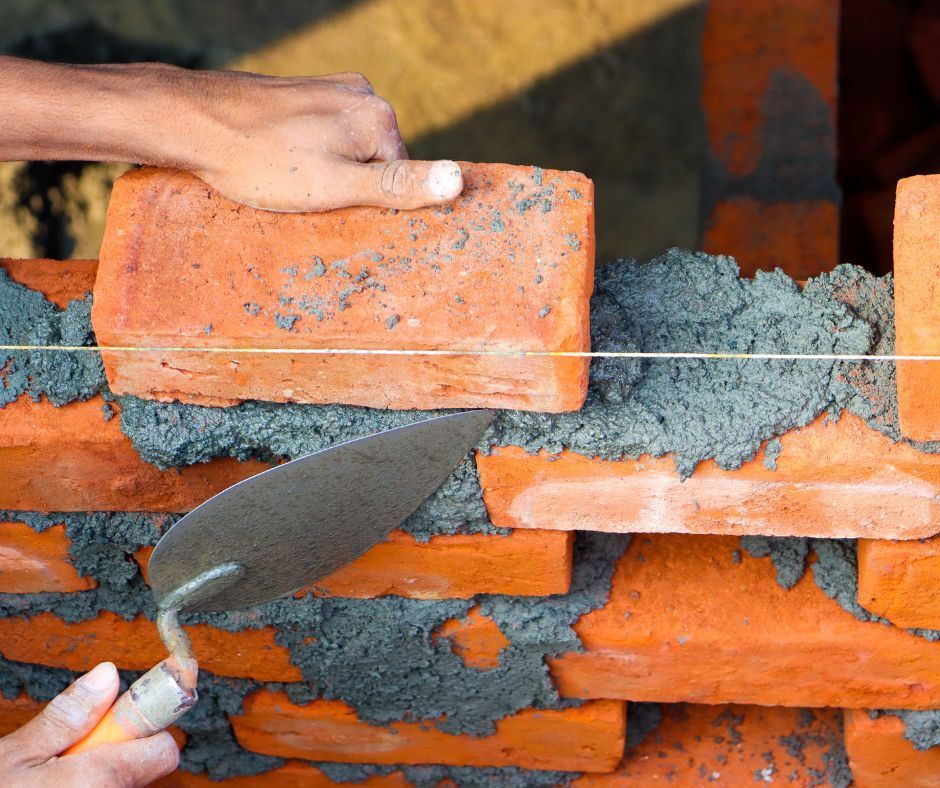What are the Common Issues Of Masonry Structures?
Masonry structures have been an important part of architectural design for centuries and are known for their durability, appeal, and classic charm. It has been popular in the construction industry ever since, be it for heritage structures, homes, or commercial establishments.
However, like any other building material, masonry structures are also susceptible to issues and challenges. Deterioration and improper construction practices are just some of the causes that aggravate masonry’s vulnerability to degradation. By knowing these problems, you can make informed decisions ahead of time and execute preservation measures for your masonry structure to make sure that they’ll last for years to come.
Unveiling the Common Masonry Problems
The most common masonry issues can range from visual issues, like stains or moulds, to major structural concerns, such as leaning or displacement. To ensure the longevity and safety of your masonry buildings, it is necessary to address these issues promptly through thorough inspections, repairs, and routine maintenance by a trusted masonry expert.
Here are the list of the common masonry issues you should take note of:
Moisture and Water Damage
Moisture penetration is one of the most common issues in masonry structures. The presence of water in the masonry can lead to various problems, like mould growth and efflorescence. Proper waterproofing is needed to prevent these issues and protect the structural integrity of the masonry as well.
Cracks and Mortar Deterioration
Bricks and mortar joints can crack and deteriorate over time. These fissures result from other underlying issues like settling, temperature fluctuations, or structural movements, which compromise the integrity of the structure if left untreated. A comprehensive inspection to promptly address the cause of cracks or deterioration is crucial to prevent further damage.
Efflorescence
Efflorescence is the formation of white, powdery deposits on the surface of a masonry structure. It is caused by water-soluble salts left on the brickwork's surface after water has evaporated. Although the presence of efflorescence may not be alarming, it can be unsightly and may indicate underlying moisture problems. Proper sealing done by a professional is the efficient solution to address this matter.
Spalling
Masonry spalling is the crumbling or chipping of the masonry surface. This can be due to different factors, which include frequent water exposure or age-related deterioration. Spalling does not only compromise the appearance of a masonry structure but can also weaken it over time. Regular maintenance, which may include masonry repair and protective coatings, should be done to prevent further deterioration.
Structural Settlement
Over time, settling may occur on masonry structures, leading to uneven foundation levels and structural instability. This happens due to a lot of possible causes, like soil compaction or changes in groundwater levels. Addressing this issue may require comprehensive foundation repairs and stabilisation measures to ensure the safety of the structure.
Corrosion of Metal Anchors and Wall Ties
Metal anchors and wall ties are commonly used in a masonry structure to improve structural support. However, these metal components can corrode from exposure to moisture and other environmental factors, which can weaken their effectiveness. Professional inspections and replacement of the corroded wall ties and metal anchors are the best solutions to maintain the structural integrity of the structure.
Staining
Masonry discolouration is commonly caused by pollution, lichen or algae growth, and improper cleaning methods. To efficiently address this issue, it is best to have your masonry structure professionally restored to bring back its original appearance.
Thermal Cracking
Thermal cracking happens when masonry materials expand or contract due to temperature fluctuations. While this issue may not directly cause structural damage, it is best to address it promptly to prevent moisture penetration and lead to further damage.
Bowing
Bowing in masonry refers to the bulging or swelling of the masonry walls. Most bulging issues indicate that there is too much moisture, which is expanding from within. However, this masonry issue may also be an indication of a more significant structural problem, like unresolved deterioration. Bowing directly affects the stability of a masonry structure, thus requiring prompt and expert solutions.
Leaning
Leaning happens on masonry structures when they tilt or lean away from their upright vertical position. This problem is brought about by various factors, including foundation settlement, poor construction practices, or soil erosion. If not evaluated and resolved immediately, leaning could lead to serious structural risks.
Displacement
Displacement is a masonry structural problem brought on by corroded metal components, insufficient supports, or the expansion and contraction of masonry material due to temperature fluctuations. Having your structure evaluated and remediated by professionals can prevent serious structural damage.

Conclusion
In conclusion, masonry structures showcase timeless beauty and durability, which makes them a popular choice for various architectural projects. But, as with any other building material, they can also be compromised and deteriorate due to a lot of reasons.
Knowing and addressing these challenges is vital to ensuring the long-term preservation of these structures. Having a professional masonry expert conduct regular inspections, maintenance, and prompt remediation can significantly improve the longevity and durability of your masonry structure.
At Keystone Pointing, we specialise in masonry restoration and preservation services, including repointing and tuckpointing. Our seasoned professionals are always ready to tackle any masonry issues, ensuring your masonry structure remains visually appealing and structurally sound for generations to come. Do not hesitate to reach out to us so we can assist you with your masonry issues.



